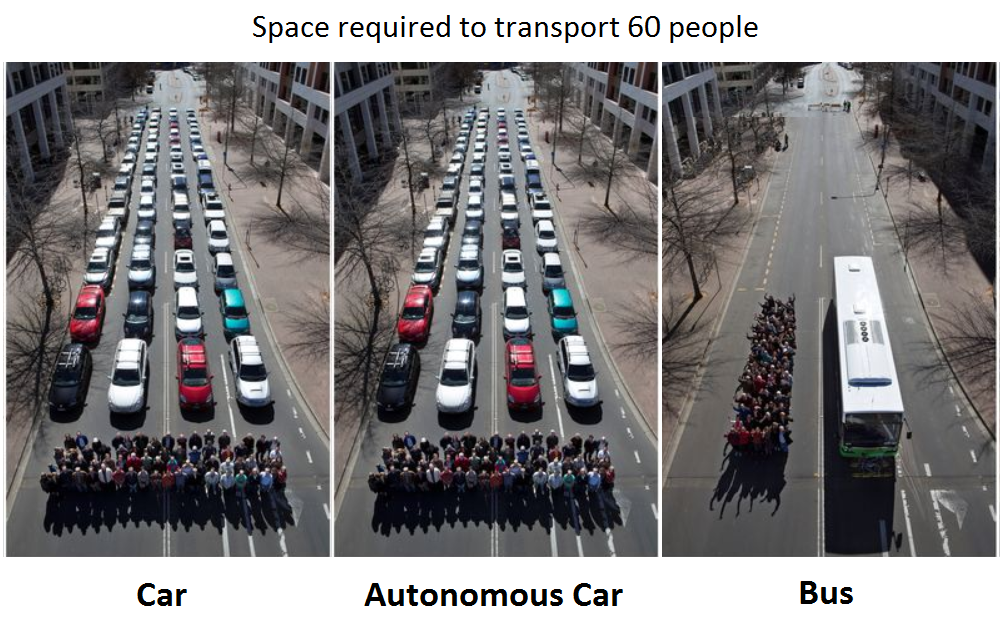MindzEye
Wayward Ditch Pig
They could do it right now. The only hurdle with autonomous driving is interacting with non-autonomous vehicles.
and pedestrians, and cyclists, and inclement weather, poor road conditions, and...everything else that engineers are finding it hard as hell to program for.
10 years is a relatively optimistic view on when we can expect real autonomous vehicles on the road.
If they're all automated, that problem disappears.
You're kind of glazing over the economics involved in replacing ~300 million passenger vehicles in north america alone, no? Considering that our north american auto manufacturing capacity is about 3 million vehicles a year and 70 million world wide, you're into a generation spanning project just to replace the metal that rolls down the road.
Some small town will eventually partner with some car company and just give everyone free cars and have everyone logged in. They would save so much money in traffic and policing costs it would easily pay for itself. Eventually the cars would be paid for the same way we pay for our phones now.
Sure, the upside of the technology is obvious. But we're talking about 2050+ shit here. The best way to move people efficiently in the majority of settings is going to be good urban transit mixed with robust and relatively high speed (or better) regional rail.


